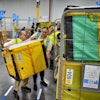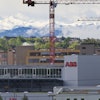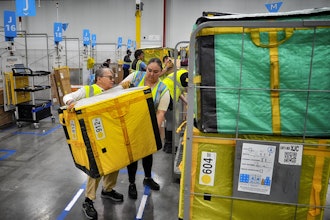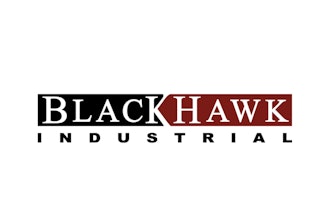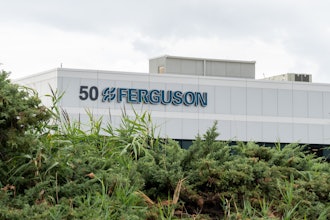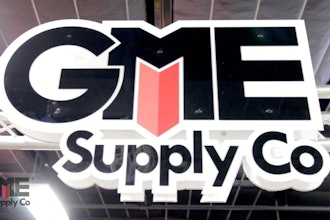TOKYO (AP) — Ford Motor Co. and Mazda Motor Corp. are investing $350 million in their joint venture plant in Thailand to revamp production of pickup trucks, both sides said Thursday.
The investment at AutoAlliance Thailand, a 50-50 joint venture, underlines that four years of political upheaval has not yet deterred automakers from expanding their manufacturing in the Southeast Asian nation, which offers incentives such as tax breaks to foreign manufacturers.
Most auto plants are located in the eastern seaboard province of Rayong and haven't been directly affected by the unrest, which has centered on the capital Bangkok.
The U.S. and Japanese automakers also run plants in China and the U.S. together. The latest investment won't increase production capacity at the plant from the current 275,000 but will focus on revamping the facility, said Mazda spokesman Kotaro Minagawa.
The investment, which will bring the total at the Thai joint venture since 1995 to $1.85 billion, will also go into work force training, the companies said.
"The new investment in AAT reinforces Ford Motor Co.'s long-term commitment to Thailand as a strategic manufacturing base for our global operations," said Joe Hinrichs, president of Ford, Asia Pacific and Africa.
The new production line will boost flexibility, efficiency, quality and ecological production, he said.
The Thai plant now exports Ford and mazda pickup trucks to more than 130 markets around the world. The plant also makes passenger cars, mainly the Mazda2, sold as the Demio in Japan, and the Ford Fiesta.
Thailand is a popular place to manufacture cars not only for the Thai market but also for the Southeast Asian and European markets because of government incentives, industrial infrastructure and relatively affordable labor costs.
Nissan began making the March subcompact in Thailand for Japan sales last month — the first such major move among Japanese automakers in response to soaring labor costs and the yen's rise against foreign currencies.

